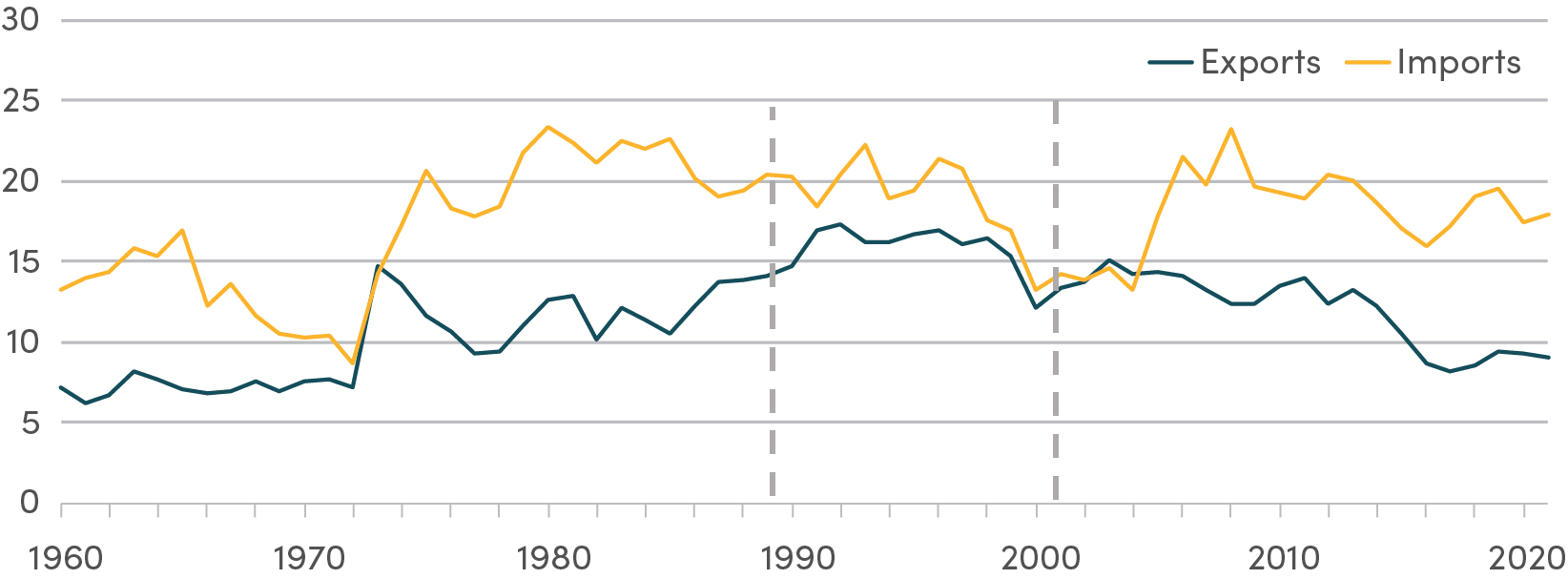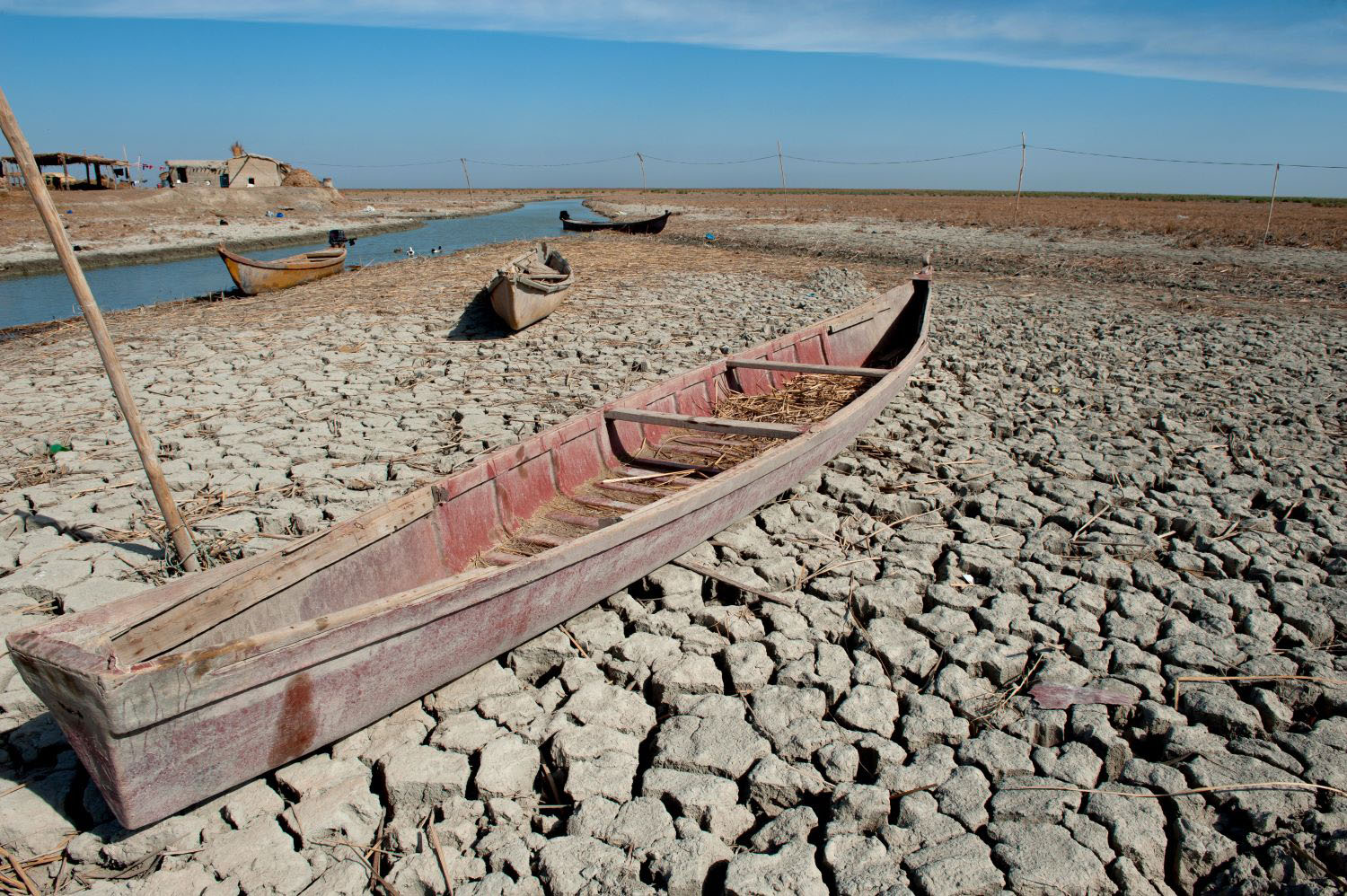Nearly 4,000 people in rural Bihar, India, answered the question, “Would you rather have the government budget spent on cash transfers or public health and nutrition services?” According to a blog post by Khemani, Habyarimana, and Nooruddin, “only 13 percent chose cash if it came at the expense of spending to improve public health and nutrition.” The pattern is similar when comparing cash to roads, with the vast majority of people preferring roads. This is reminiscent of earlier work by Sandefur, Birdsall, and Moyo in Tanzania, where they find that “two-thirds of Tanzanian voters would rather spend gas revenues on government services than cash transfers.”
I worry that these questions conflate two issues. The first is that Indians and Tanzanians (and Brazilians and Singaporeans and Canadians and most other people) desire well-functioning government services. There is reasonable disagreement about how many services are the responsibility of government, but many people are happy to have a well-functioning public health system, passable roads, and a competent public education system. Suppose someone asked me, “Would you rather have these government systems or some cash in your pocket”—with the implication, I suppose, that I’d use that cash to purchase education, health, and. . . a road? I’d say, give me well-functioning government systems. I work for money during the day and I work for the affection of my family in the evening, and I’m happy not to have to spend most of that time worrying about the functioning of basic public systems.
But the second issue is the rate of return to public spending versus the amounts that households receive in cash transfers. In Tanzania, the cash transfer program that had been in place before the survey gave about US $7 per month to each household. What does $7 a month translate into in terms of education services? The average secondary school teacher in Tanzania with standard training earns $167 per month, according to one recent report. So, the cash transfer is 4 percent of the teachers’ salary. If the cash transfer were invested into the local education budget, what would it translate into? In the public health budget? While money does matter in public services, the returns to increasing the budget have sometimes been very disappointing.
Obviously, how the money is spent is crucial. If survey respondents don’t have information about the size of government budgets and how those budgets translate into services, then it’s hard to know if these questions are actually about cash versus a functioning government (in which case it’s unsurprising that many people vote for the government) as opposed to cash versus the specific governments services that the cash would buy (which I suspect that many survey respondents would not have a great sense of). I speak from my own experience: I’d have real trouble translating cash into its equivalent government services.
An alternative (much more involved) question would tell people exactly what they could expect in terms of cash transfers or public services from a given budget and see whether that changes their allocation. “With the same budget, the government can either provide you with a monthly cash transfer of $20 or [insert budget-neutral increase in public service: ten extra minutes per day of classroom instruction? two fewer potholes in your local roads?]. Which would you prefer?” This would give respondents a clearer sense of trade-offs. Indeed, one could propose different trade-offs in public services to understand just how much people want in public services in exchange for cash. (For a better sense of the rich literature on eliciting people’s preferences, see Kagel and Roth’s handbook.)
This isn’t to say we don’t learn from these exercises. We do. In both India and Tanzania, we learn that citizens value public services. In Tanzania, the researchers then led deliberative discussions about cash transfers, and some respondents highlighted that “social services encourage a collective voice that helps increase accountability, while cash transfers would focus people on private interests and leave room for corruption.”
Listen to the voices of citizens. But before throwing the cash transfer baby out with the bathwater, let’s make sure those citizens have clear information about their trade-offs.
CGD blog posts reflect the views of the authors, drawing on prior research and experience in their areas of expertise.
CGD is a nonpartisan, independent organization and does not take institutional positions.






